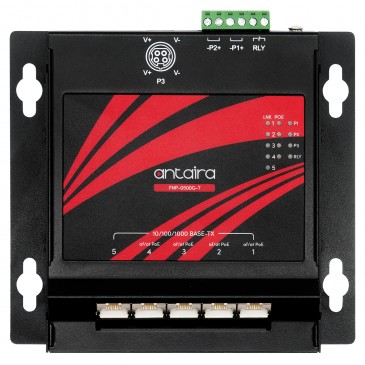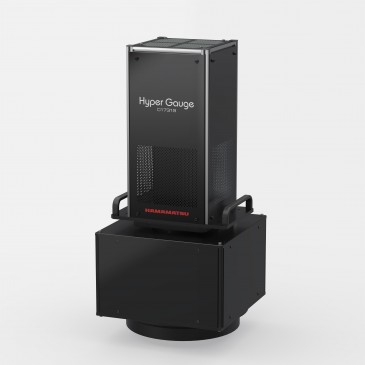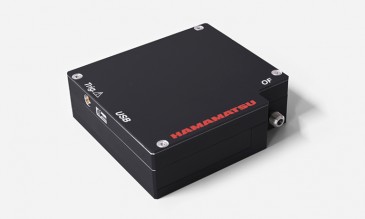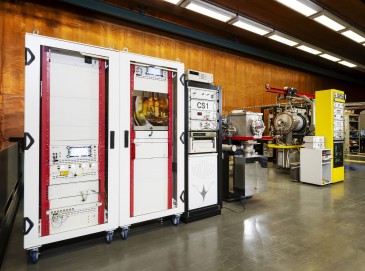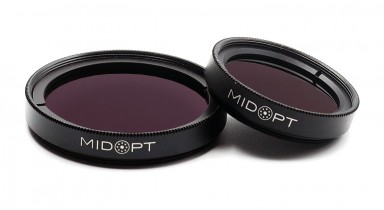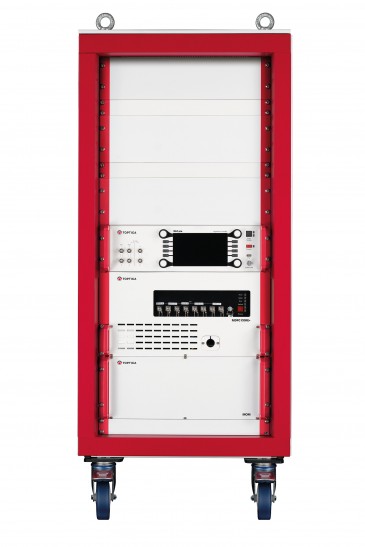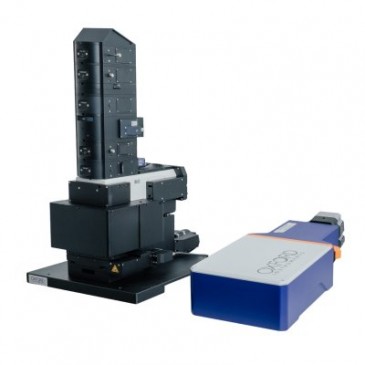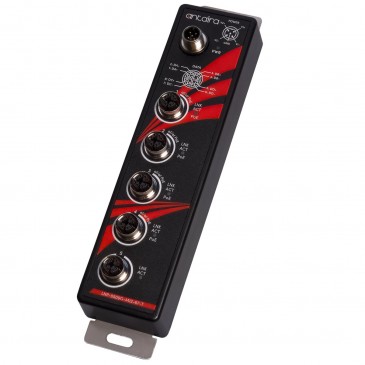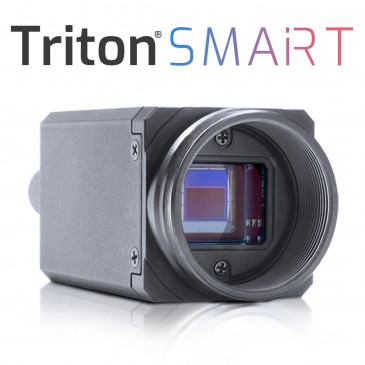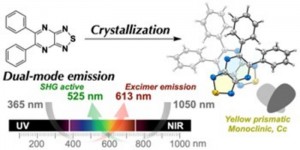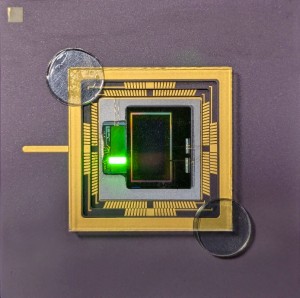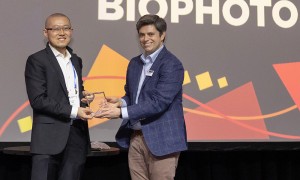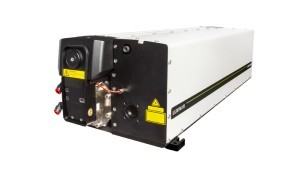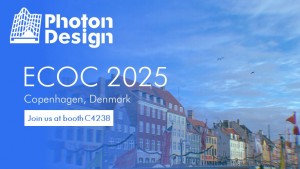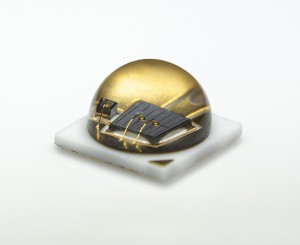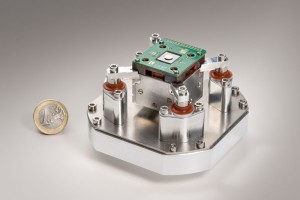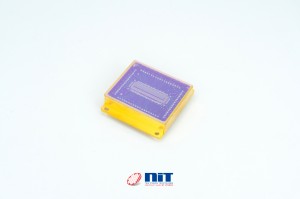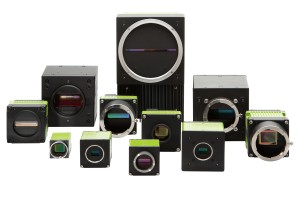
As the global electronics industry continues to push the boundaries of innovation, the demand for miniaturisation has never been more pressing. From medical devices to consumer electronics and telecommunications, shrinking components without sacrificing performance is essential to meet consumer and industry expectations. At the forefront of this evolution is micrometal Group which has refined a variety of photo-chemical etching (PCE) processes, and is making this advanced manufacturing technique indispensable for companies looking to stay ahead in an increasingly competitive landscape.
PCE has revolutionized the production of electronic components, allowing manufacturers to create highly intricate designs with the precision required for miniaturised devices. As the demand for smaller, more complex electronic parts rises, companies are rapidly adopting PCE to ensure they can produce components that meet the market's high standards for functionality and efficiency.
"The need for miniaturisation and complexity in electronic components is driving innovation at an unprecedented pace," says Jochen Kern, Head of Sales & Marketing at micrometal Group. "PCE is a key enabler of this trend, empowering manufacturers to meet these new demands by producing components that would have been impossible to achieve through traditional manufacturing techniques."
PCE's versatility is critical in today's advanced electronics environment. The process enables the production of intricate patterns, fine details, and precise geometries that allow for breakthroughs in various sectors, from aerospace and automotive to telecommunications and beyond. As electronic devices become smaller and more sophisticated, the demand for components with higher complexity and functionality intensifies. PCE meets these challenges head-on, offering manufacturers a way to create components that fuel innovation in these compact, high-performance products.
"Complexity in design is not just a trend, it's a necessity for companies looking to innovate in the electronics space," adds Kern. "With PCE, manufacturers can produce components with an extraordinary level of detail and precision, which is essential for creating smaller, more powerful devices. If companies aren't leveraging this technology, they risk falling behind in the race to deliver next-generation products."
Companies that fail to adopt PCE in their production processes will likely find themselves at a disadvantage as competitors seize the opportunity to create cutting-edge products. In an industry where size, weight, and efficiency are everything, the ability to produce high-quality, intricate components will be a critical factor in achieving commercial success.
Kern concludes, “As consumer demand for smaller and more complex electronics continues to grow, the importance of embracing technologies like PCE cannot be overstated. The electronics industry is entering a new era, one where innovation is tied to the ability to miniaturise. Those who harness the potential of PCE will be the ones who lead the charge, while those who resist the transition may soon find themselves left behind. PCE is no longer a luxury, it's a necessity. If you want to stay competitive in the electronics market, this technology is essential. The ability to produce complex, high-performance components will define the next generation of electronics, and those who invest in PCE now will be the ones to reap the rewards of tomorrow."




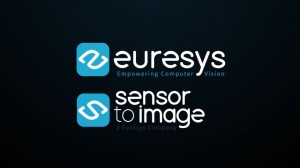
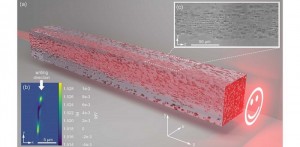
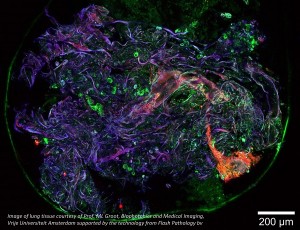

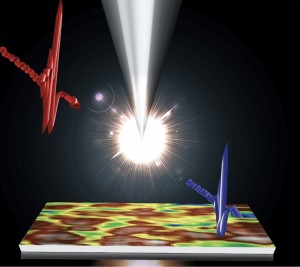

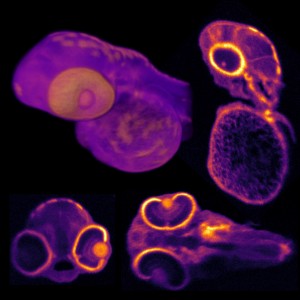

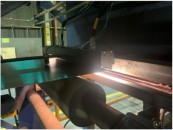




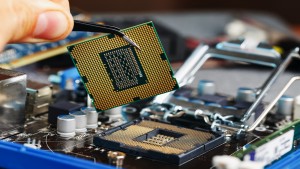

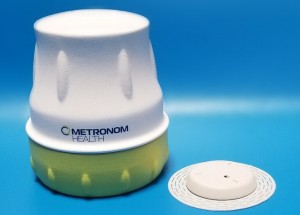
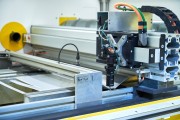


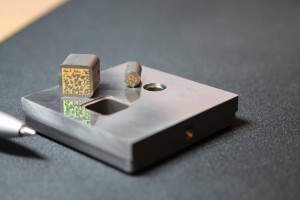



 Back to News
Back to News